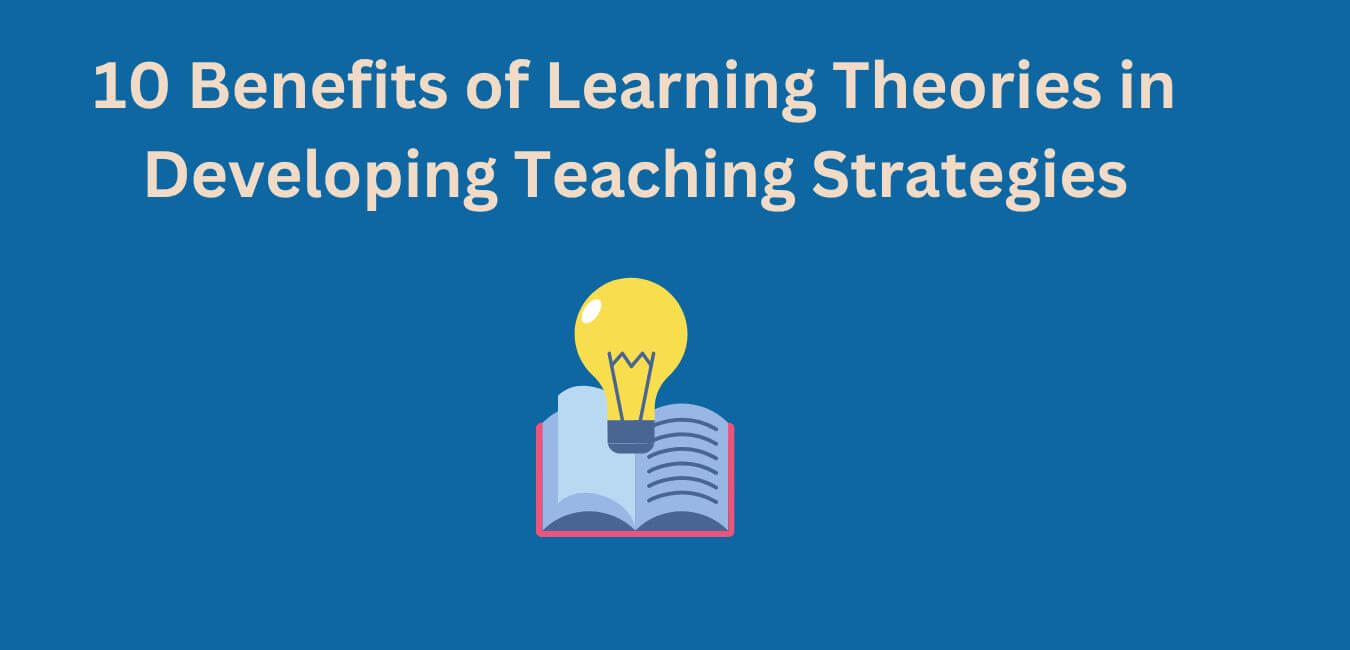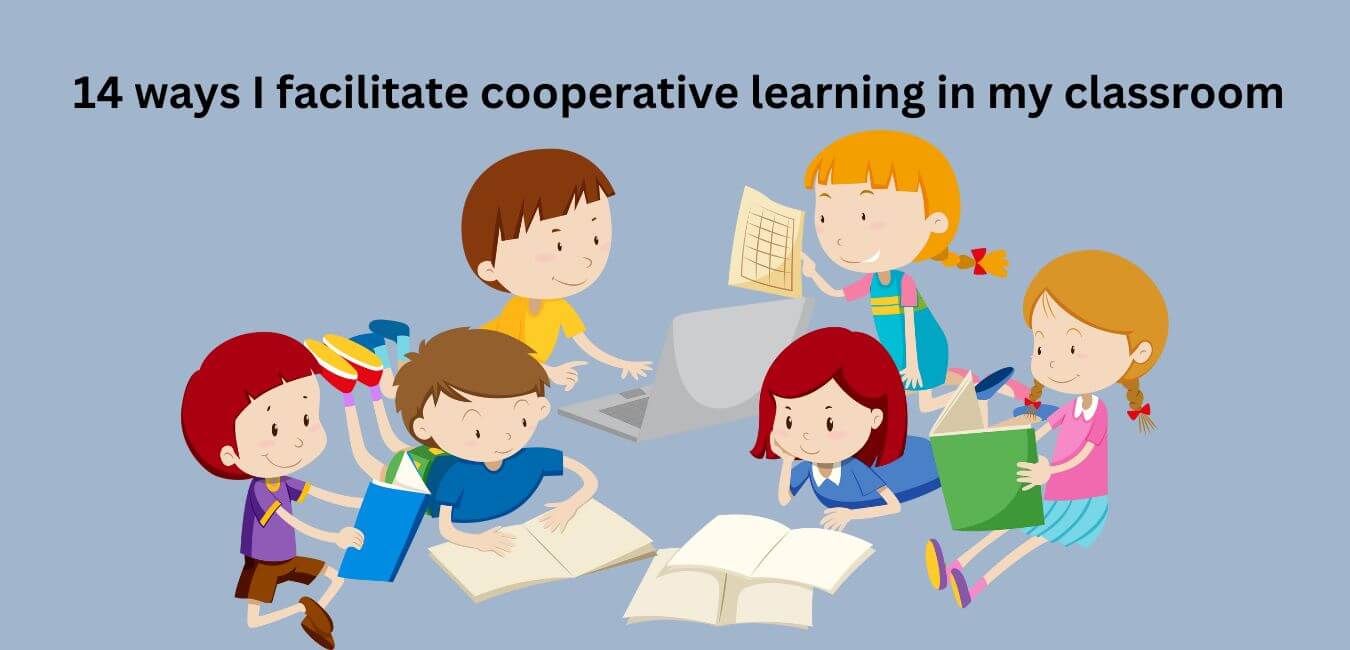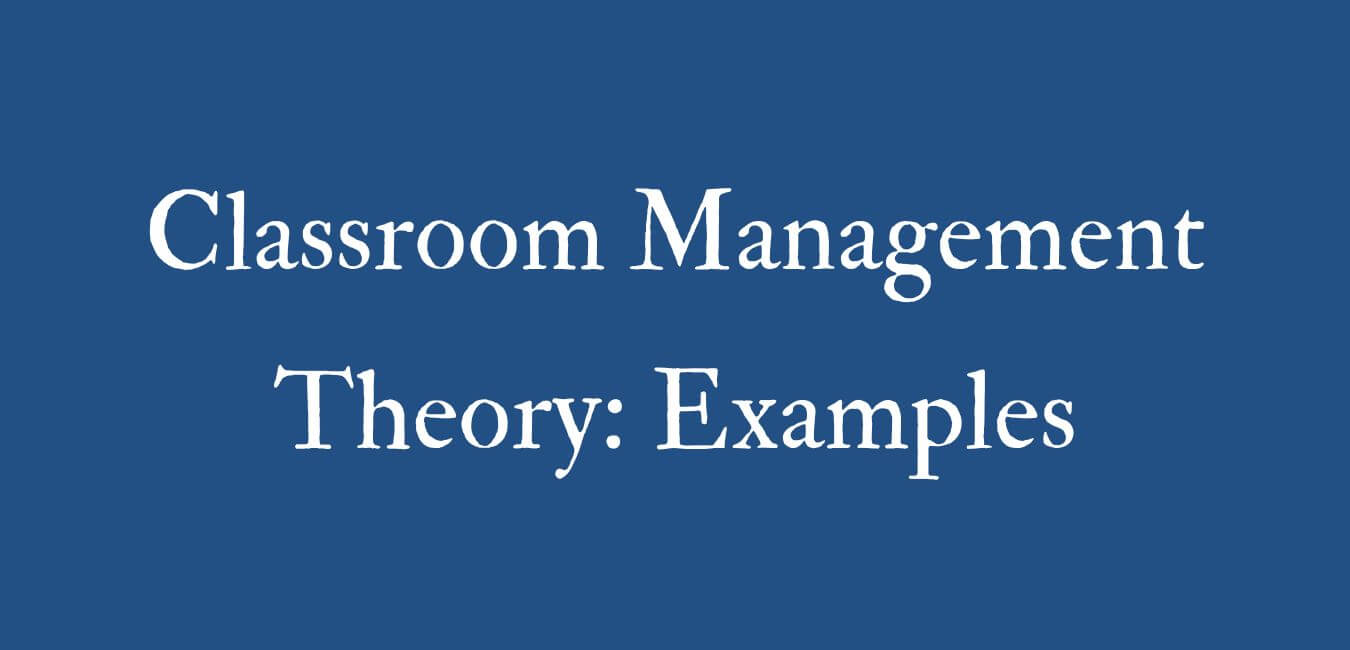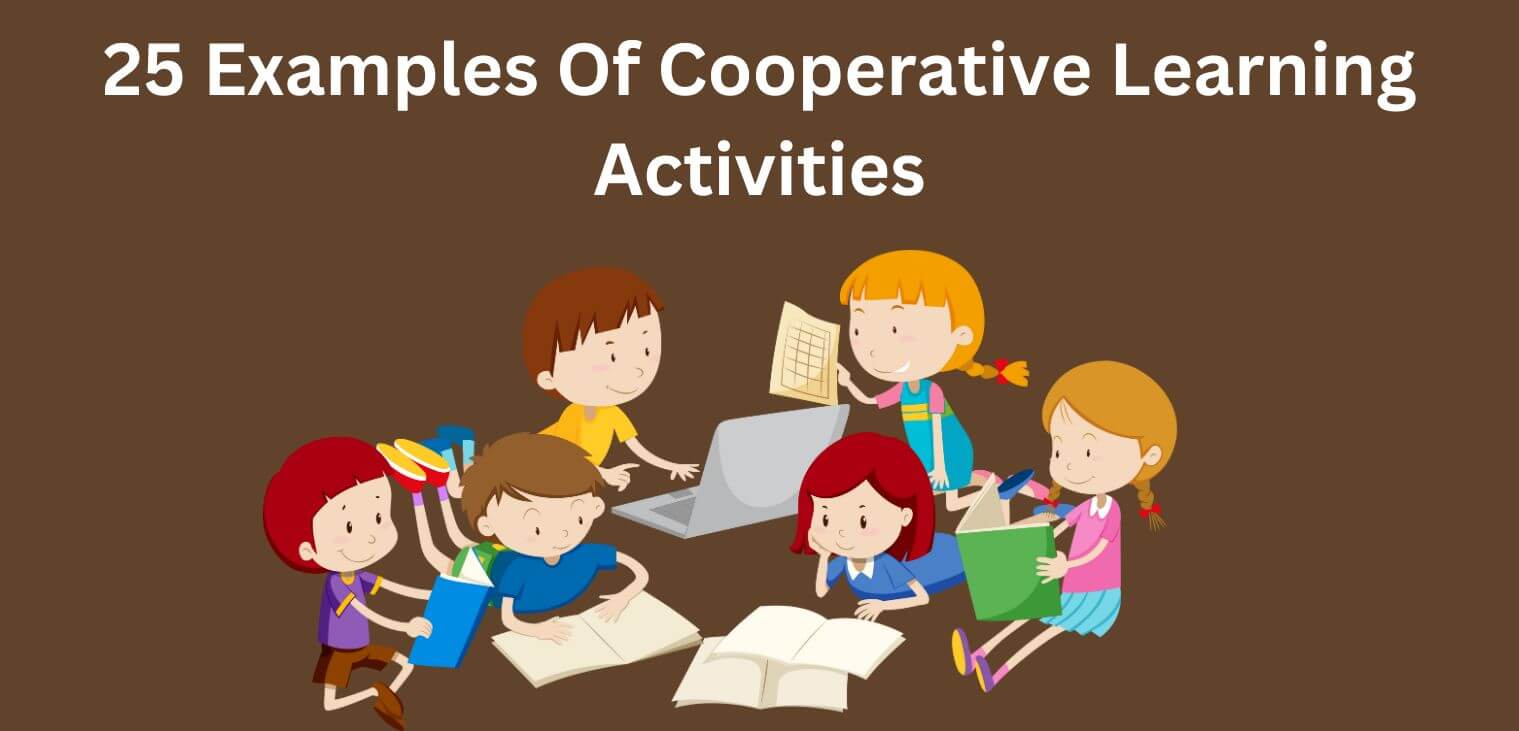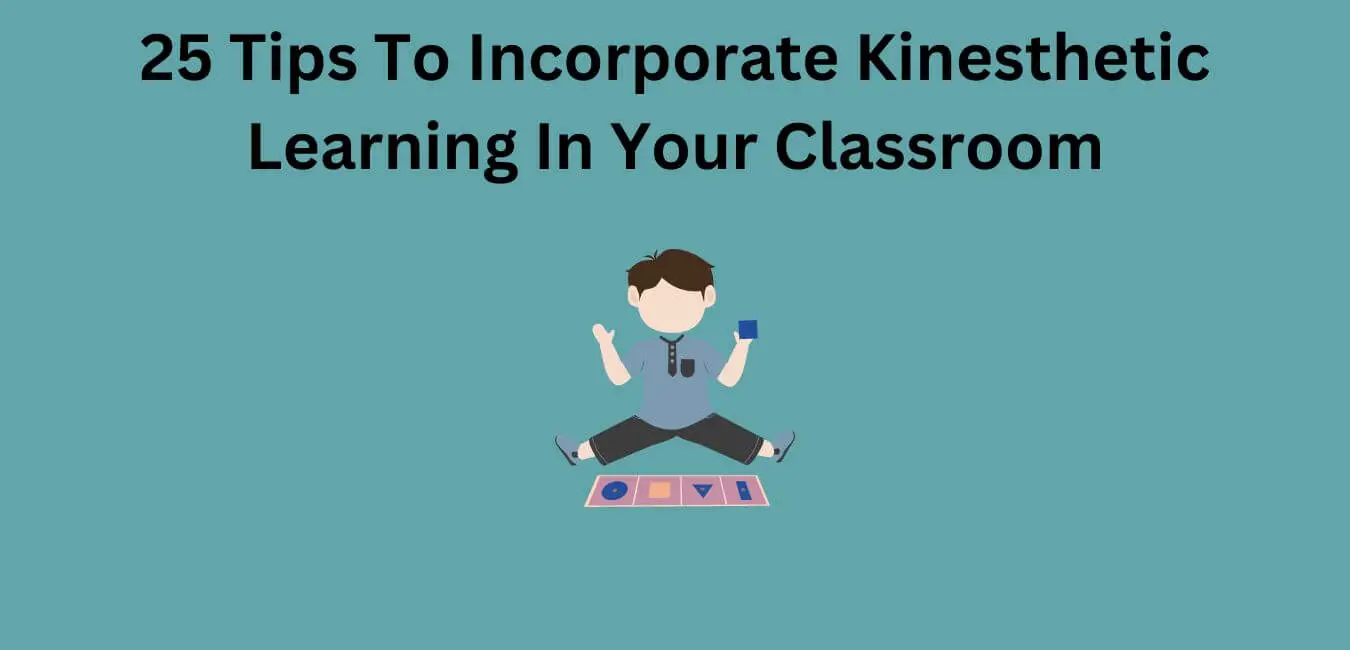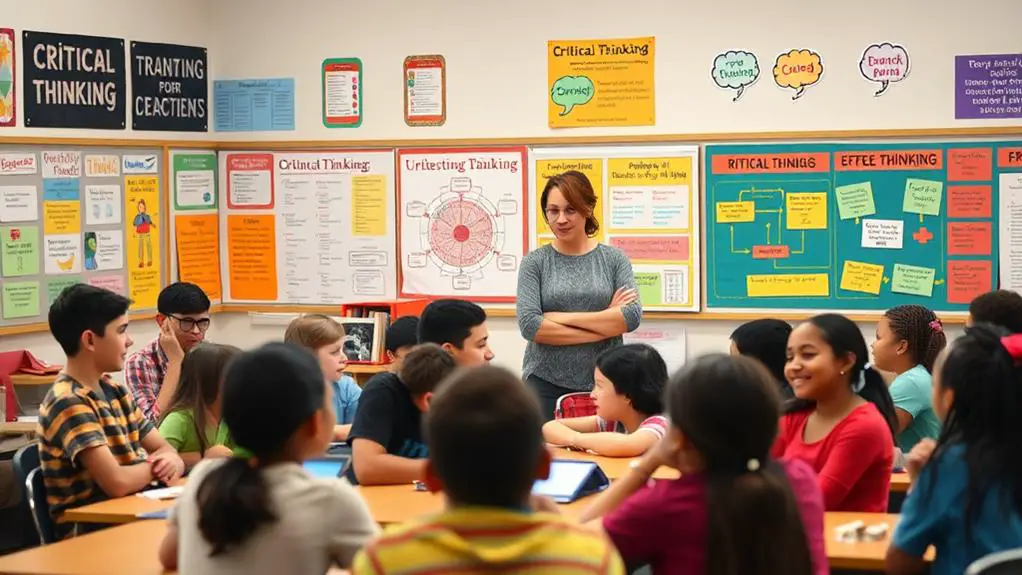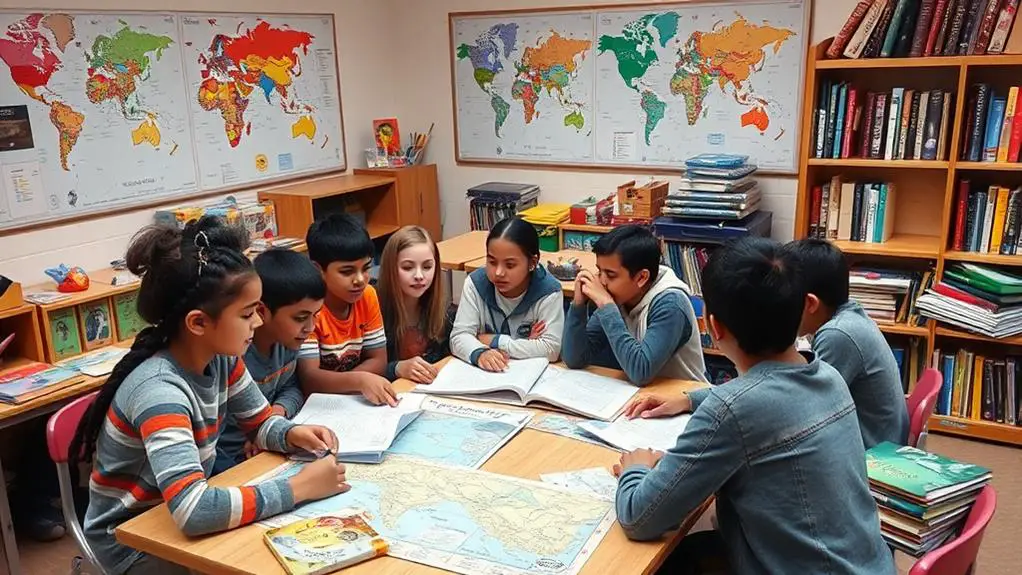Adult learning theory focuses on how adults acquire knowledge and skills through their life experiences. This approach emphasizes the importance of making education relevant and engaging for learners by connecting new information to what they already know.
When adult learners actively participate in their education, they feel more empowered and motivated to learn. Understanding the interplay between practical application and various learning styles is crucial, as it can transform educational practices for adults.
For instance, incorporating real-world scenarios and hands-on activities can enhance retention and application of knowledge. This theory highlights the need for educational methods that respect learners’ autonomy and cater to their unique experiences.
Enhanced Engagement and Motivation
Adult learning theory plays a vital role in enhancing engagement and motivation among learners. This approach recognizes that adults bring valuable life experiences to the educational environment, making the learning process more relevant and impactful.
When educators promote experiential learning, they enable adults to connect new information with their existing knowledge. This connection not only ignites interest but also encourages a deeper exploration of the subject matter. Learning transforms from a passive absorption of facts into an active engagement with content that resonates personally with the individual.
Active involvement in the learning process fosters a sense of investment in outcomes. Adults become contributors to their educational journey rather than mere recipients of information. This sense of empowerment enhances motivation and encourages a proactive attitude toward exploring new concepts.
Ultimately, utilizing adult learning theory to boost engagement enriches the experience for both learners and facilitators. Observing adults embrace their curiosity and take charge of their educational paths is truly rewarding.
The combination of personal relevance and active participation creates a dynamic learning environment that benefits everyone involved.
Practical Application of Knowledge
The practical application of knowledge is essential for genuine learning. Engaging with new information goes beyond simple memorization; it involves understanding how to implement that knowledge in real-life scenarios. This hands-on approach not only enhances comprehension but also significantly improves retention.
For instance, while volunteering in my community, I can implement concepts from my studies. Utilizing effective communication techniques fosters better connections with others, while applying problem-solving methods helps tackle various challenges. This direct application of my learning not only solidifies my understanding but also enables me to contribute more effectively to those in need.
Translating theoretical knowledge into real-world actions transforms me from a passive learner into an active participant in my development and in the lives of those I aim to assist.
Focusing on practical applications ensures that the knowledge I gain isn’t merely theoretical; it translates into significant actions that create a positive impact. This learning journey becomes a collaborative effort with the community I support.
Respect for Learner Autonomy
Respecting learner autonomy is essential for creating an environment where individuals can excel. When learners are given the freedom to direct their own educational journeys, they become more engaged and motivated. Observations show that when learners feel their choices are valued, their enthusiasm for learning increases significantly.
Allowing learners to choose topics, establish goals, and map out their learning paths enhances their motivation while also fostering critical thinking and problem-solving abilities.
It’s vital to create an environment that encourages exploration of personal interests, leading to a more profound comprehension and better retention of information.
Empowering learners to make informed choices about their education instills a sense of ownership and responsibility, which is particularly important for adult learners.
Prioritizing learner autonomy not only facilitates teaching but also inspires a community of lifelong learners. These individuals are prepared to make meaningful contributions to their lives and those around them.
Embracing this approach will enable learners to thrive and reach their full potential.
Flexibility in Learning Styles
Flexibility in learning styles plays a crucial role in adult education. Recognizing that each learner has distinct perspectives, backgrounds, and preferred methods is essential for creating an effective educational environment.
Personalized approaches can significantly enhance the learning experience, enabling educators to connect with learners in meaningful ways.
Incorporating various methodologies caters to diverse needs. For instance, hands-on activities may resonate with some learners, while others benefit from visual aids or collaborative discussions.
Allowing for this adaptability not only accommodates different styles but also engages learners in a manner that aligns with their preferences.
This adaptability enhances comprehension and fosters a sense of ownership in the learning journey. When adults feel their unique styles are acknowledged, they’re more likely to engage actively and absorb information more thoroughly.
Championing flexibility in learning styles is vital for effective service. Empowering individual learners contributes to the growth of entire communities, creating a positive cycle of knowledge sharing and development.
Together, we can unlock the full potential of adult education.
Promotion of Lifelong Learning
Lifelong learning is a vital concept that emphasizes the importance of continuous education and personal development throughout our lives. Adapting to different learning styles not only enhances our own education but also encourages those around us to engage in their own learning journeys.
Creating an environment that supports self-directed learning empowers individuals and fosters a culture of growth and skill enhancement.
Embracing lifelong learning goes beyond simply gathering information; it involves nurturing a mindset that prioritizes curiosity and self-improvement. When I actively participate in educational activities, I motivate others to follow suit.
Engaging in workshops, casual discussions, or collaborative community projects allows us to share knowledge, creating a positive feedback loop that benefits everyone involved.
Taking control of our learning experiences boosts our confidence and equips us to assist others more effectively. Promoting lifelong learning becomes a shared responsibility, cultivating a culture where ongoing development is honored.
Committing to this journey together can uplift us all, enhancing our collective understanding and capabilities.
Conclusion
Adult learning theory plays a crucial role in enhancing educational experiences for learners. This approach recognizes that adults bring unique backgrounds and experiences to the learning process, making education more engaging and relevant. When adults actively participate in their learning, apply what they learn to real-life situations, and maintain control over their educational journey, they are more likely to develop a lasting enthusiasm for personal and professional growth.
Embracing this theory transforms education into a lively experience, akin to a vintage record player bringing music to life. The dynamic nature of adult learning fosters a rich exchange of ideas, allowing individuals to connect their past experiences with new knowledge. For instance, in a workshop setting, sharing personal stories can deepen understanding and spark interest among participants.
Encouraging self-directed learning is essential. Adults often have busy lives, so learning opportunities should be flexible and adaptable to their schedules. Programs that allow for practical application, such as case studies or hands-on projects, can significantly enhance retention and understanding.
In conclusion, nurturing a culture of exploration and continuous learning is vital for personal and professional development. As we honor the principles of adult learning theory, we can keep the journey of education vibrant and impactful.


